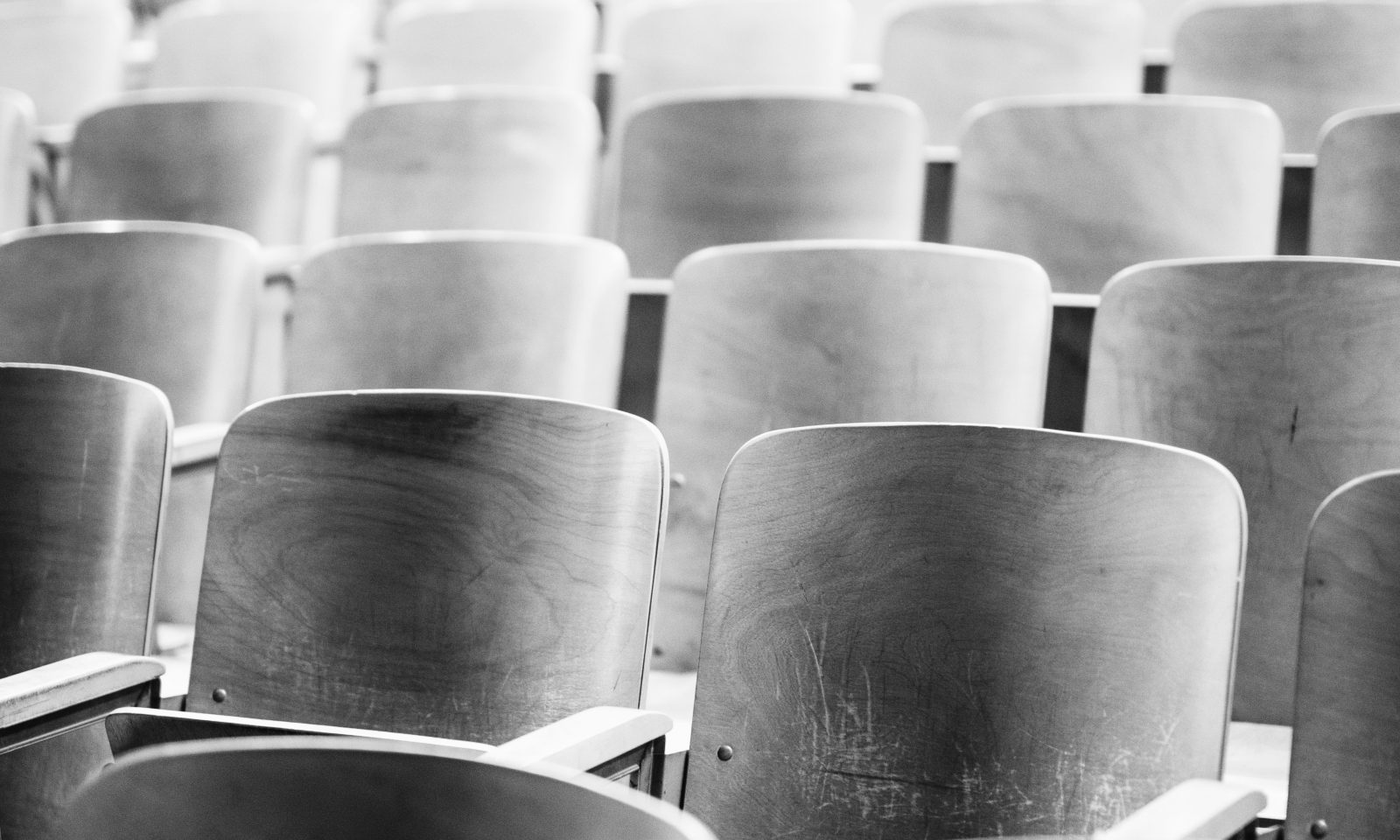IPI observes SCCR42
The 42nd WIPO Standing Committee on Copyright and Related Rights was held in Geneva from 9 to 13 May 2022.
The first half of the event focused on the Broadcasting Treaty proposal, which SCCR first discussed more than 15 years ago. The proposal would grant new exclusive rights to broadcasting organisations, but falls short on granting the necessary exceptions and limitations in public interest. NGOs such as Creative Commons, Communia and EIFL have harshly criticised the proposal in that regard.
In the second half of the event, exceptions and limitations to copyright for educational and research institutions were the focus of the discussion. The African group of delegates prepared and presented a draft programme proposal on the issue. They drew attention to the difficulties, encountered in African educational institutions, due to copyright protection of educational materials. In addition, many African libraries mostly operate in physical form and have poor access to digital materials. Access to digital materials is hampered by a lack of funding and poorly regulated exceptions and limitations in copyright law, which are supposed to enable libraries and archives to work in Africa. In particular, the proposal called for better regulated exceptions and limitations in international law to the benefit of libraries, archives, museums, educational and research institutions and uses for persons with disabilities.
Slovenian delegates attended the event only from afar, which was possible due to the hybrid organisation of the event. The Intellectual Property Institute was one of the six NGOs that was granted an ad hoc SCCR observer status. Dr. Maja Bogataj Jančič, LLM, LLM, attended the event as a representative of the Communia and the Institute. Prior to attending the SCCR, she had a meeting at the Slovenian national Intellectual Property Office, where she discussed the African proposal with its Director, Mag. Karin Žvokelj and the Head of Legal Department, Ana Krstov. It should be noted that Slovenia doesn’t act on its own behalf at the SCCR, but is represented by the European Union.
The work at SCCR is crucial for the creation and improvement of international copyright law, but it often falls victim to international relations and diplomacy that mark developments at the global level. The SCCR42 was no different. Thus, neither Wikimedia nor local Wikimedia organisations from different countries were granted ad hoc observer status at SCCR42 due to China’s opposition, which drew strong criticism from other members of the interested public.
In addition to the absence of key NGOs from discussion on limitations and exceptions in international copyright law, valid criticisms can also be directed at the overall conclusion of SCCR42. Only a couple of useful, concrete proposals from the programme were adopted. Due mostly to the strong opposition from the EU and other developed countries, the SCCR invited Member States to further negotiate the proposal and to discuss it in the future at SCCR43. Given that the SCCR has been discussing public interest exceptions for approximately 15 years and SCCR43 is scheduled for 2023, more concrete results would be welcomed. Communia has called for more action in this area in its statement: When Global North delegations claim that Global South countries can introduce modern #copyright exceptions for education & research without a need for an int’l treaty, we say: it’s easier said than done. Read the full statement here: https://www.communia-association.org/2022/05/12/sccr-42-communia-statement-on-limitations-and-exceptions-for-education-and-research/
At the same time, on 10 May, the Washington College of Law organised an event at WIPO: “Copyright exceptions and data mining research”, where a new report on research exceptions in comparative copyright law, prepared in the framework of PIJIP (Programme on information justice and intellectual property, ongoing at Washington College of Law), was presented. The latter have also published a statement regarding the SCCR42.
The Grand Board of the European Union Intellectual Property Office (EUIPO) finally ruled that the figurative sign ‘COVIDIOT’ cannot be registered as an EU trademark.
The 4th Open Knowledge Day took place on Tuesday 17 October 2023, with an accompanying workshop on 18 October 2023. This year it was organised by the Open Data and Intellectual Property Institute (ODIPI) and supported by Knowledge Rights 21 (KR21).
We invite you to the fourth Open Knowledge Day and the workshop, which will take place this year within the framework of the programme and with the support of Knowledge Rights 21. The event will bring together experts from different European countries to discuss two topics: the first part will deal with the legal basis for data analytics, which is a key part of machine learning and related artificial intelligence, and the general exception for research. In the second part, open science in theory and practice will be presented both in Slovenia and in some Western Balkan countries. Representatives of research and educational institutions from Slovenia and the Western Balkan countries, as well as interested members of the public, are invited to attend.
Dr. Maja Bogataj Jančič, a renowned expert in copyright law, has joined the Berkman Klein Center for Internet & Society at Harvard University, where she will serve as an affiliate researcher for the next two years.





